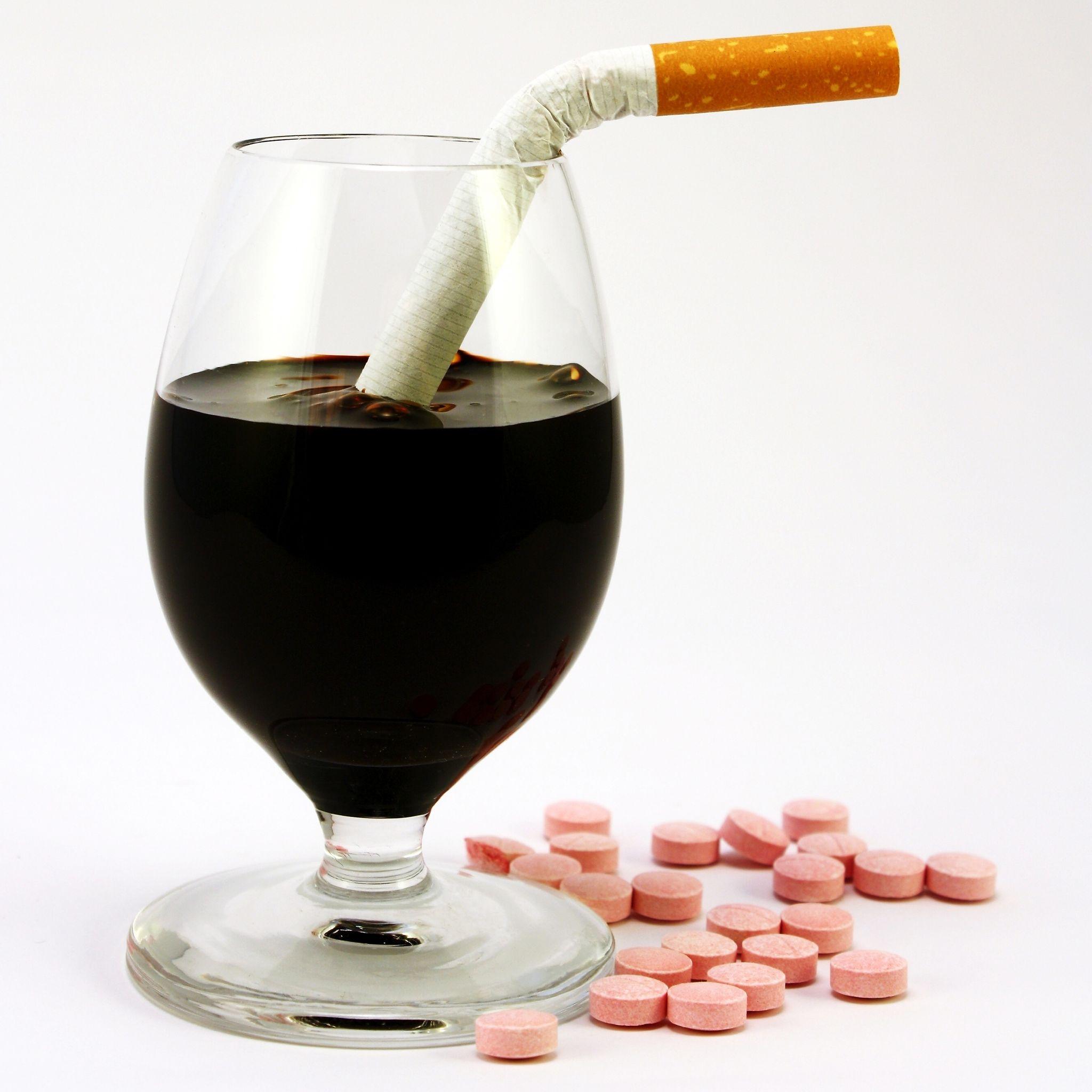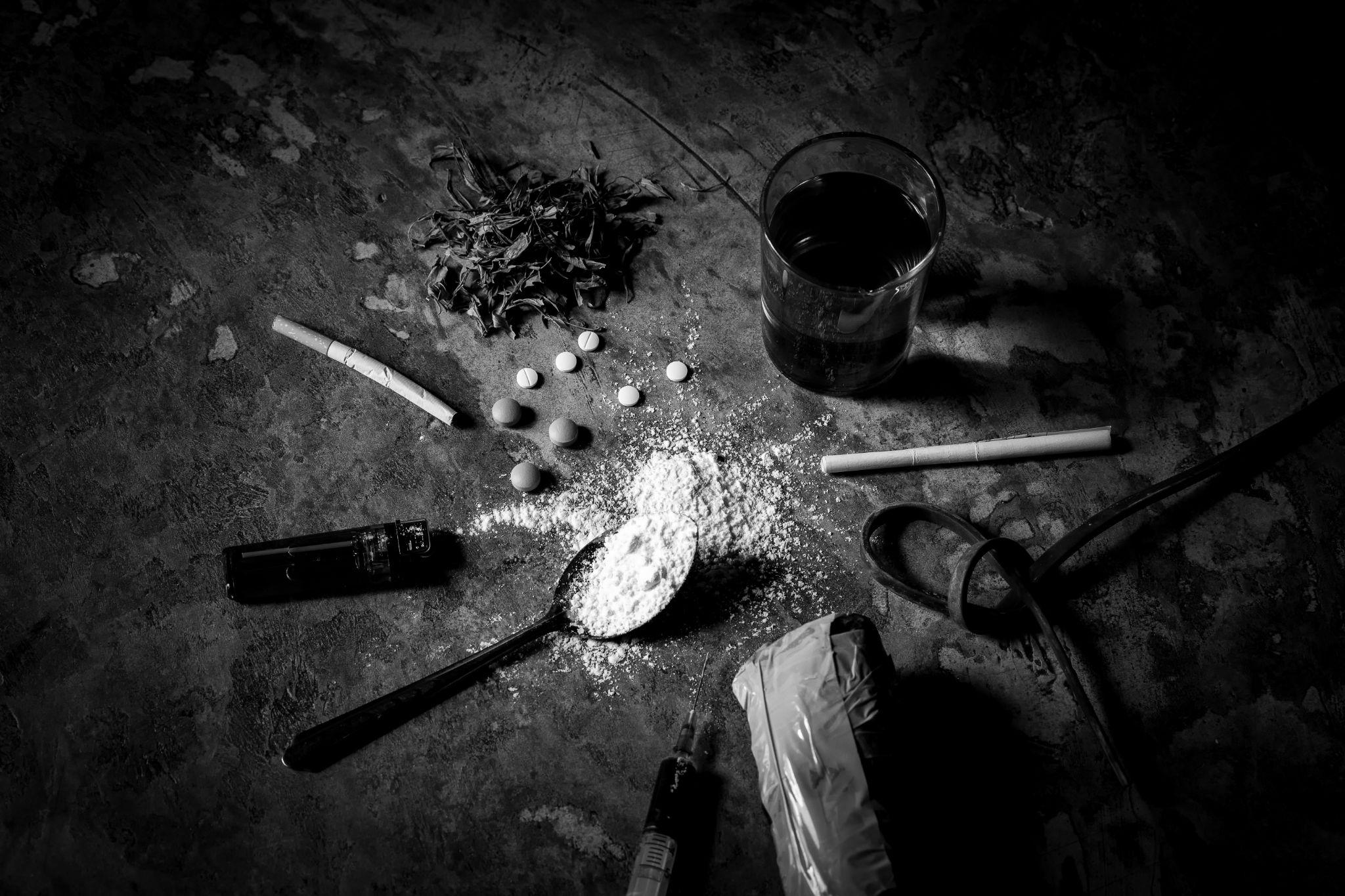
In 2019, nearly half of all drug overdose deaths in America involved multiple drugs.1 Now, more than ever, the dangers of mixing drugs have become even more apparent as an addiction epidemic makes its way across America.
Whether you’re worried about a loved one, work in the healthcare industry, or are simply concerned about your community and society as a whole, understanding the dangers of mixing drugs and how to combat it is crucial.
We explore the risks and consequences of drug mixing, as well as how to help someone you suspect of using drugs.
Understanding Mix and Match Substance Abuse
Mixing and matching drugs, also known as polysubstance use, is a dangerous practice that involves mixing drugs and alcohol or drugs with other types of drugs. Although it can happen unintentionally, a majority of polysubstance users and abusers do so intentionally to experience more powerful effects or counteract tolerance toward drugs they’ve been using for an extended period of time.
Avoiding polysubstance use or administration is why doctors are so careful about what drugs can be mixed in the same syringe and why they typically inquire about any medication you may already be taking before giving you a new prescription.
The Dangers and Consequences of Mixing Drugs
There are many dangers that accompany mixing any combination of drugs.
Combining substances can lead to unexpected drug interactions that seriously damage your health. Some of the most common mix-and-match drug combinations and their effects are:
- Alcohol and drugs: Mixing alcohol and drugs causes an effect called the “synergistic effect” wherein the drugs you take increase the effect of alcohol on your body.
- Heroin and cocaine: Also known as speedballing, this combination of drugs has a very high risk of overdose, as heroin reduces your breathing rate while cocaine and amphetamines make your body use more oxygen.
- Mixing depressants: This combination can increase your risk of overdosing, as well as cause serious brain and organ damage.
- Mixing stimulants: The combination of two or more stimulants can increase your blood pressure and heart rate to dangerous levels, thereby increasing your risk of a heart attack, brain injury, liver damage, and stroke.
Contributing Factors
The contributing factors behind polysubstance use and mixing drugs are similar to those behind the decision to misuse any drug in the first place. The most common factors include:
- Peer pressure and negative social influence
- Self-medication underlying psychological or mental health issues
- Misconceptions about the safety of using one or more types of drugs
Identifying and eliminating as many of these contributing factors as possible is one of the best ways to prevent drug abuse and the many unfortunate consequences that accompany it.
Prevention and Intervention
The prevention of substance abuse and mixing and matching drugs starts with education and awareness. The more people understand the dangers associated with using and abusing drugs, and how serious the interactions between different drugs can be to their health, the fewer people are likely to be tempted to misuse these substances.
Yet education doesn’t stop with the people at risk of abusing drugs. The stigma associated with drug use has become a major obstacle for people seeking treatment. Educating your community on the reality of drug use and the effects it has on the person using can help create a more empathetic, helpful, and supportive society.
Seeking Help and Treatment Options
If you are worried about a loved one or someone you know possibly using drugs, educate yourself on the signs of addiction. Behavioral changes, physical changes, and withdrawal symptoms are all indicators that the person needs help, and one of the best ways for them to get that help is by joining a professional treatment program.
How Newport Beach Recovery Center Can Help

At Newport Beach Recovery Center, we don’t only answer all your drug abuse and treatment-related questions—like what it’s called when you mix alcohol and drugs—we also provide outstanding quality addiction treatment to people struggling with substance abuse.
Our expert team is ready to help you better understand polysubstance use, how it affects your community, how you can raise awareness for it, and how to assist someone in need of help. Our evidence-based treatment programs have been proven over and over again to help people with both single and multi-substance use disorders get and stay sober.
So why wait? Take the first step toward a safer and healthier future by staying informed. Together, we can combat mix-and-match substance abuse and create a stronger and better community!


